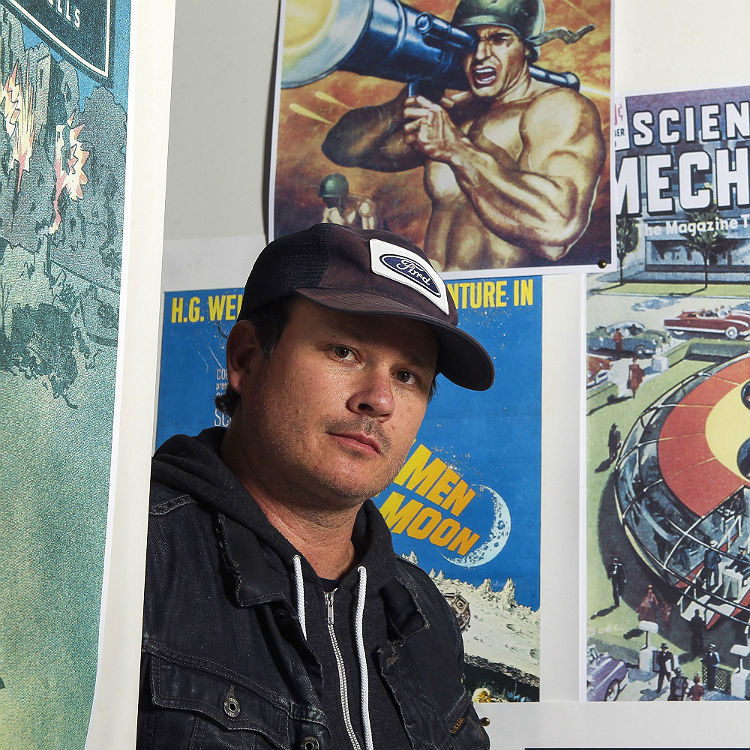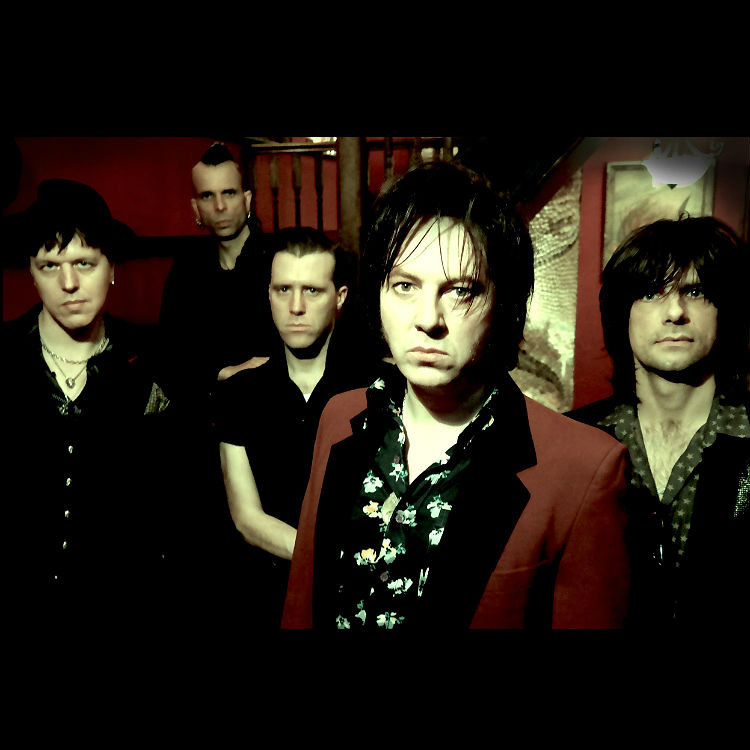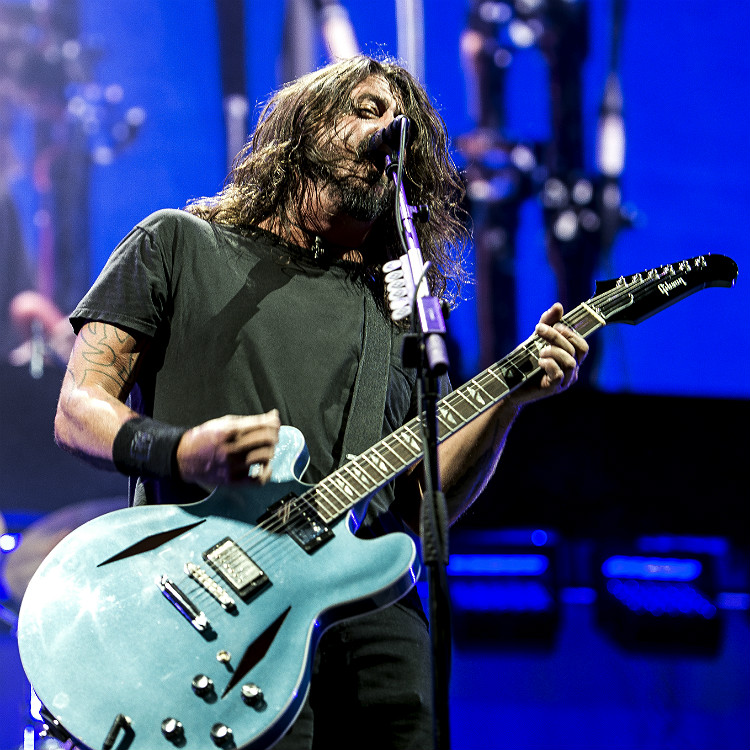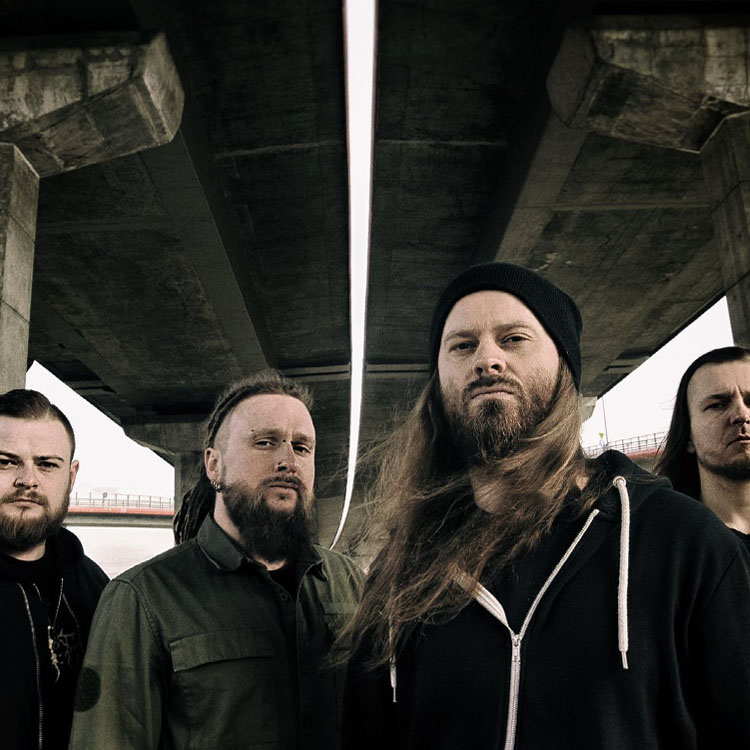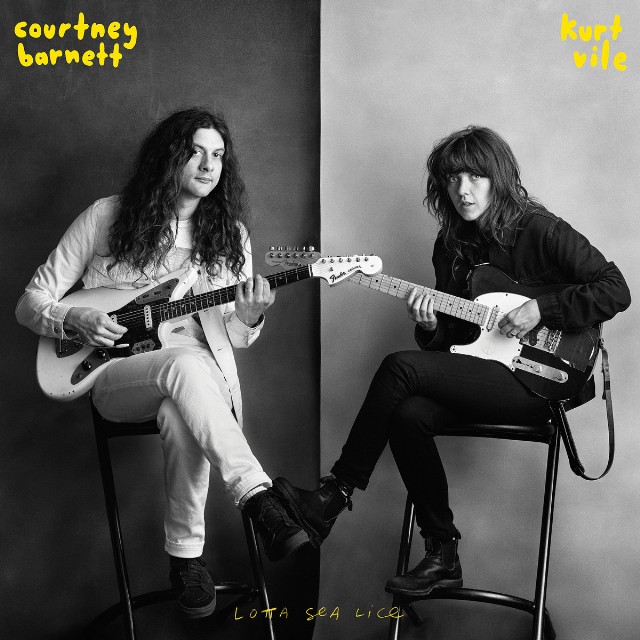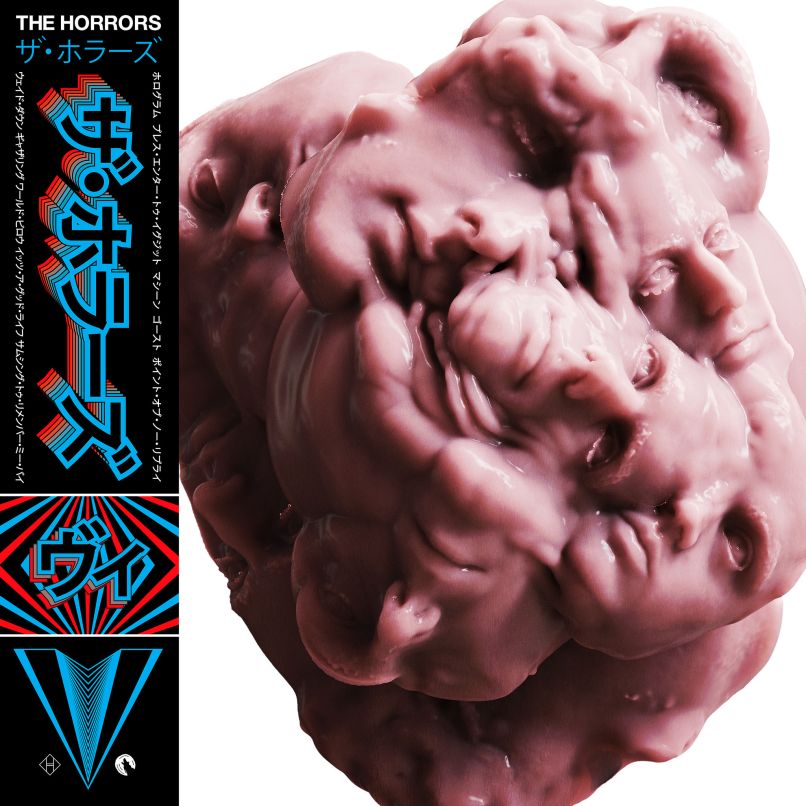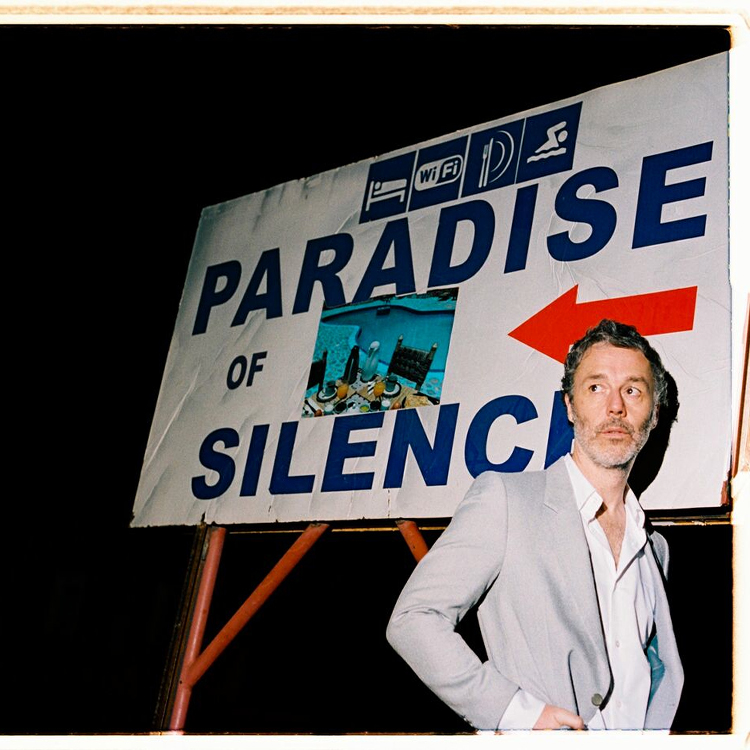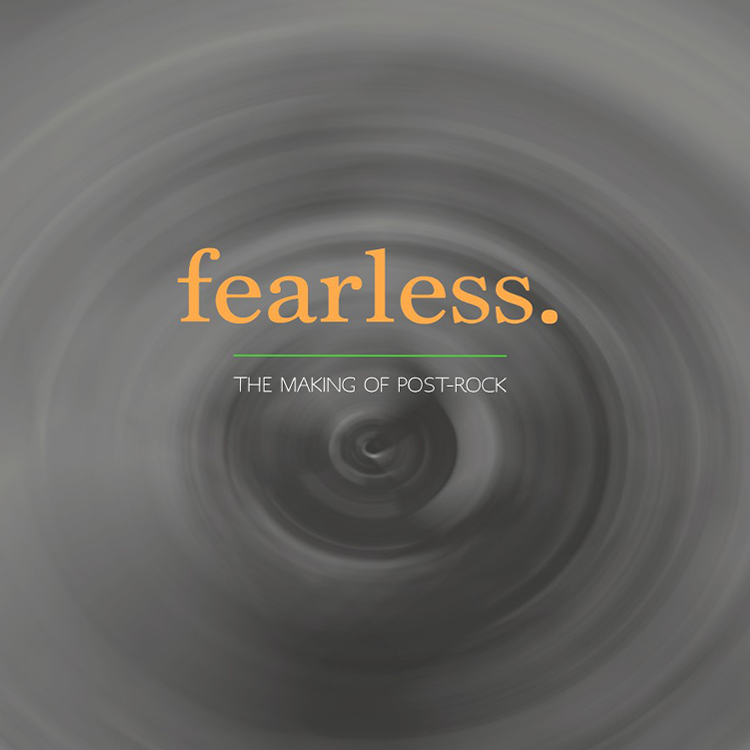 Photo: Press
Photo: Press
What the hell is post-rock, anyway? This much we do know: the music critic Simon Reynolds coined the term in 1994 an attempt to give a narrative to music that used the tools of rock but did something utterly different with it. This was music that broadened its scope by fusing elements of punk, dub, electronic music, minimalism, and more into something wholly new.
A new book, Fearless: The Making Of Post-Rock tries to come up with some answers (but mainly ends up asking new questions). One of the best things about Fearless is the way it uncovers the untold histories of British post-rock, and here author Jeanette Leech exclusively picks her favourite underrated tracks for Gigwise by some of the British artists featured in her book.
Chorchazade – Aah, You Are As Light As A Feather (1985)
How could a bunch of quiet misfits from the West Country sound like Slint-before-Slint? Chorchazade – the name conjured up to simulate a gathering of birds – even recorded with their shoes off for maximum hushed effect. ‘Aah, You Are As Light As A Feather’ was from their first 12”, and uses painstaking but punishing guitar deconstruction, balanced with a melancholic jazzy syncopation and whispered introspection.
A.R. Kane – Sulliday (1987)
A.R. Kane were iconoclasts of rock on their first album, 69. They picked guitars apart, and then warped and crunched whatever was left. ‘Sulliday’, influenced by Sonic Youth’s EVOL, dub, the Cocteau Twins, and Miles Davis, is probably their most raw moment: it simmers with discomfort and barely-suppressed violence.
Papa Sprain – Cliff Tune [Peel Session] (1992)
One of the most intriguing of all the UK’s post-rock groups, Papa Sprain was centered on Belfast’s Gary McKendry: he weirded out bedroom drift-songs with obscure philosophies and stream-of-consciousness surrealism. Eventually, Papa Sprain left behind structure altogether, and recorded the (still unreleased) album Finglas Since The Flood, cutting up James Joyce’s Finnegans Wake over tape experiments.
Moonshake – Two Trains (1993)
This version of Moonshake – essentially a combustible partnership between David Callahan and Margaret Fiedler – stayed together for only a short while before it all collapsed in an acrimonious split. ‘Two Trains’ is from their final mini-album, the vital Big Good Angel; after that, Callahan retained the name Moonshake and recorded with a revolving cast of singers, while Fiedler formed Laika.
Disco Inferno – A Night On The Tiles (1994)
One of the best examples of Disco Inferno using samples not only as colour and texture in their music, but to tell a story: how clinking glasses and gaiety at the start of an evening degenerates into fighting and sirens by its end. Disco Inferno were incredible at evoking the bitter mess of society and this is one of their rare tracks, late in their career, to do it without any lyrics.
Seefeel – Extract (1995)
Seefeel’s second album, Succour, was a world away from the downy loveliness of their first, Quique. Signed to Warp Records, Seefeel’s music now sounded like a mechanized future with vocalist Sarah Peacock as the last lonely human crying for her fate.
Mogwai – Angels vs Aliens (1996)
Tucked away on a split single with forgotten trash-pop hopefuls Dweeb, ‘Angels vs Aliens’ was, at the time, a shimmering new blast of British post-rock. Although it lacks the emotional depth that Mogwai would go on to excavate with 1999’s Come On Die Young album, it has a gorgeous naïveté and blissful awakening to it, so affecting on the very earliest Mogwai tracks.
Fridge – Kinoshita (1998)
The success of Kieran Hebden’s Four Tet project has all but obscured the music he made with Adem Ilhan and Sam Jeffers as Fridge; the time is ripe for a reappraisal. Fridge were thoughtful, textural, and gleefully homemade, three teenagers who brimmed over with ideas and influences. ‘Kinoshita’ came at a time when they had just discovered jazz, and serving it up (along with the burbling, colourful ‘Terasaka’) for their first release on a major label was a delightful move.
Hood – Finger In His Ear (2001)
Early Hood records were patently obsessed with Disco Inferno, and their spliced, sometimes brutal sound effectively captured both anger and idealism. However, later, Hood came to incorporate more pastoral and heathen elements; ‘Finger In His Ear’ is from this period, and is a cracked and weathered work of folk art.
Bark Psychosis – From What Is Said To When It’s Read (2004)
Bark Psychosis’s canonical 1994 album Hex is a benchmark of post-rock; but its reputation also serves to unfairly overshadow the second album, ///Codename: Dustsucker, released a decade later. Working in drum ‘n’ bass while Bark Psychosis was resting, Graham Sutton had become even more detailed and meticulous. When he awakened his post-rock outfit again, the result was billowing space and tense rhythms, music that’s both cruel and vulnerable.
Fearless: The Making Of Post-Rock by Jeanette Leach is out now in all good bookstores and is published by Jawbone.

